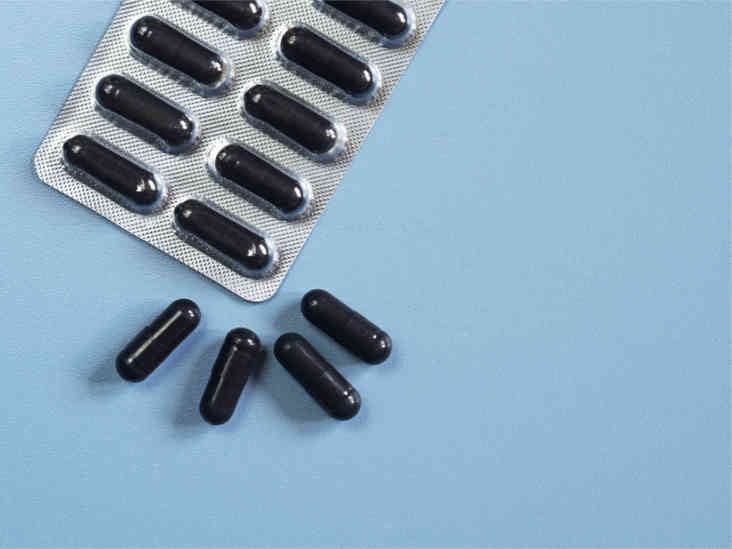Written by Alina Petre, MS, RD (NL) on June 29, 2017
Activated charcoal was once considered the universal antidote (1).
Nowadays, it continues to be promoted as a potent natural treatment.
It has a variety of proposed benefits, ranging from lowering cholesterol to whitening teeth and curing hangovers.
This article takes a detailed look at activated charcoal and the science behind its purported benefits.
What Is Activated Charcoal?
Activated charcoal is a fine black powder made from bone char, coconut shells, peat, petroleum coke, coal, olive pits or sawdust.
The charcoal is activated by processing it at very high temperatures. The high temperatures change its internal structure, reducing the size of its pores and increasing its surface area (1Trusted Source).
This results in a charcoal that is more porous than regular charcoal.
Activated charcoal shouldn’t be confused with charcoal briquettes that are used to light your barbecue.
While both can be made from the same base materials, charcoal briquettes have not been activated at high temperatures. Moreover, they contain additional substances that are toxic to humans.











